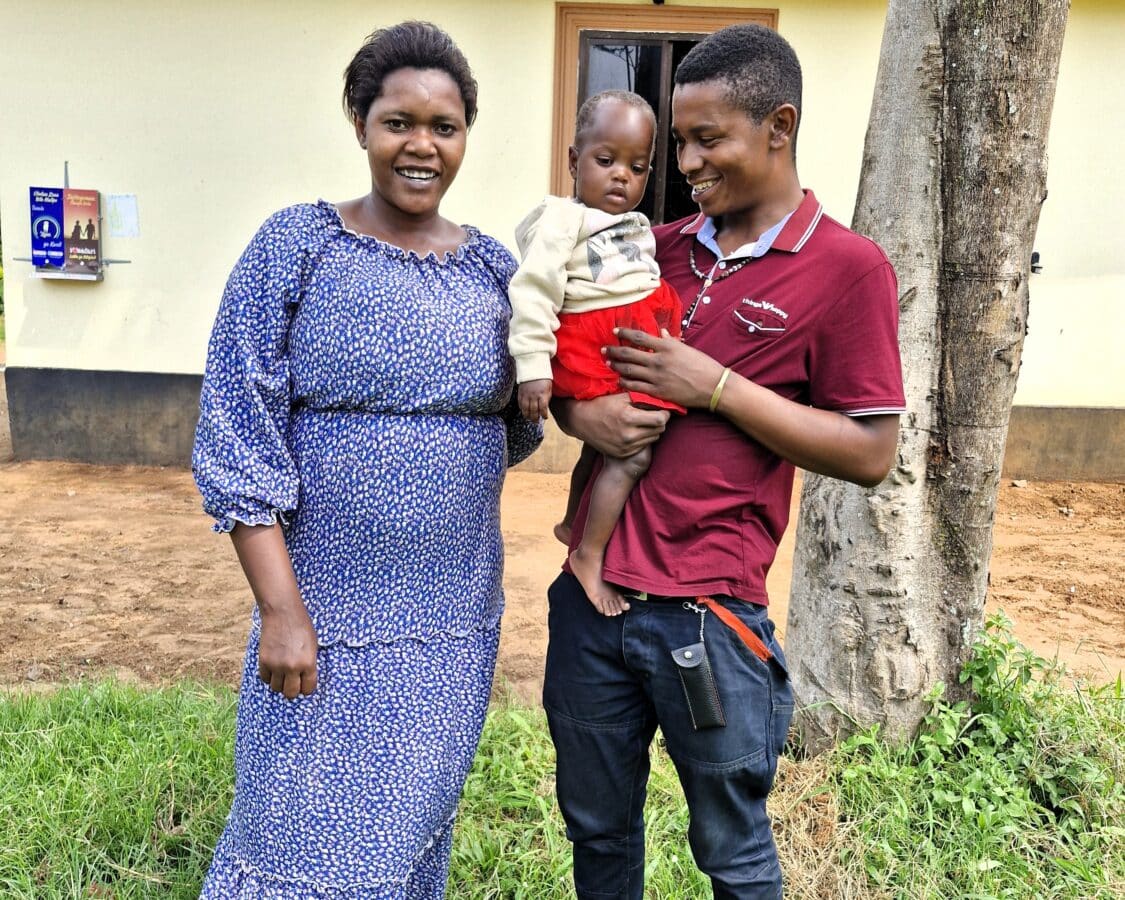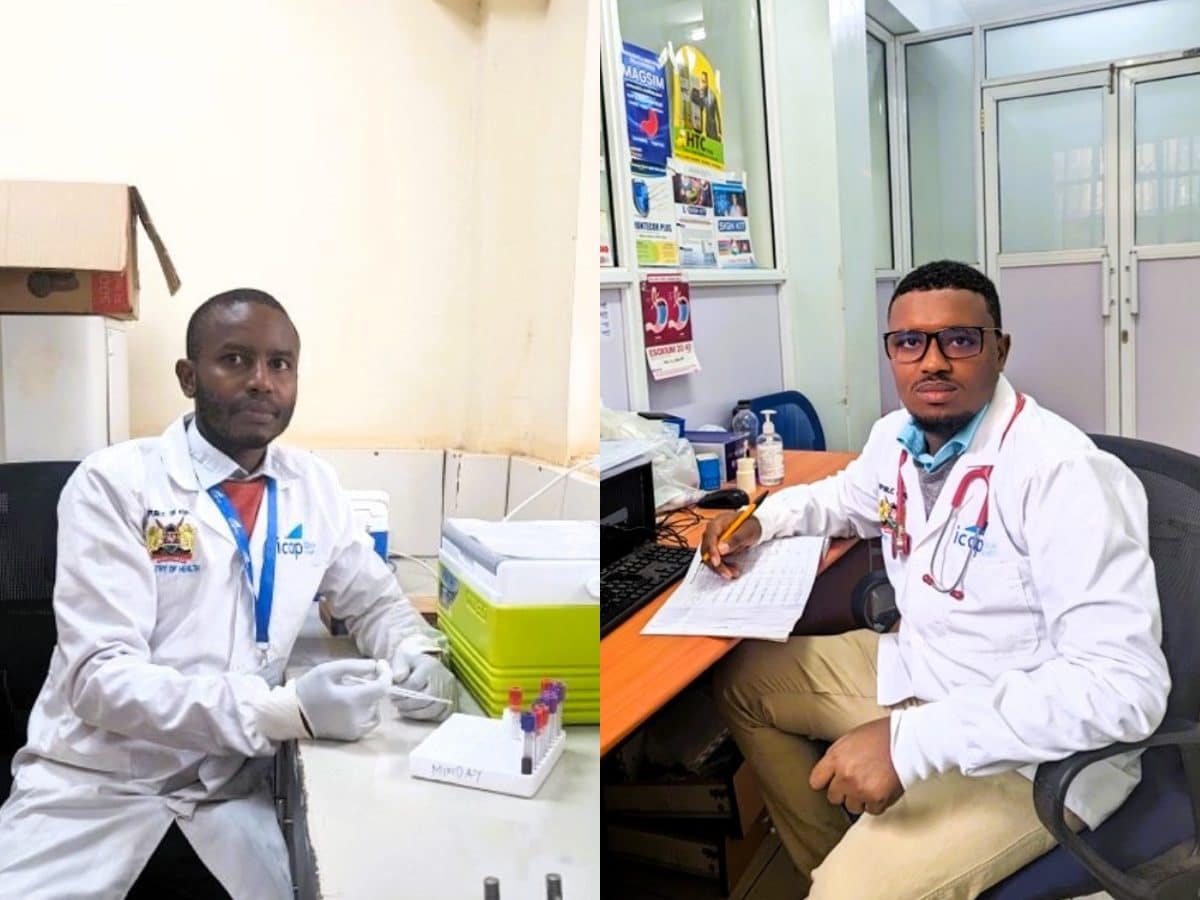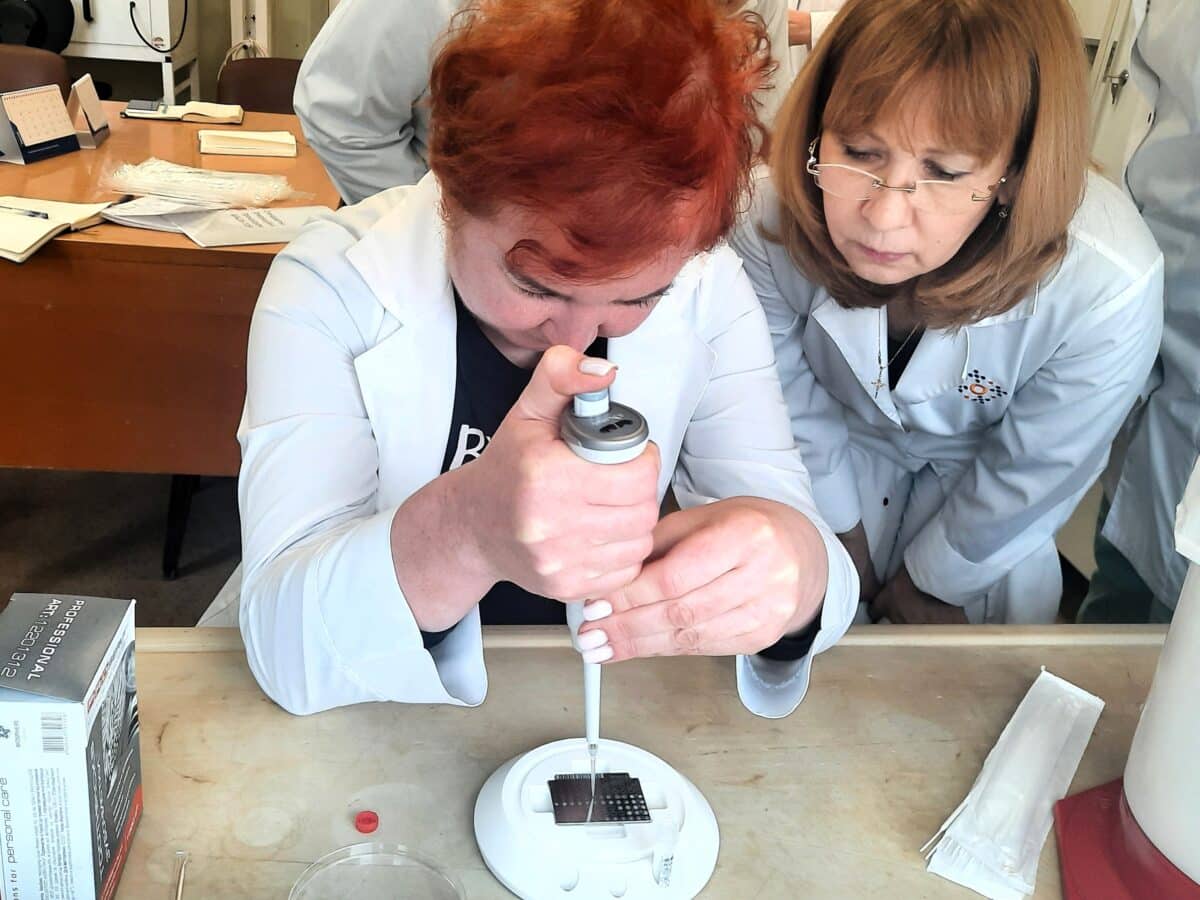In the early 1960’s, Malawi’s National School of Nursing operated a model teaching ward at Queen Elizabeth Central Hospital where nursing students developed critical clinical skills by working directly with patients supported by trained clinical supervisors. But with decreased investment in nursing education and a diminishing healthcare workforce, the model ward faded from use in the 1970s. In 2011, ICAPbegan working with the Ministry of Health (MOH) and Mzuzu University to reintroduce the model ward as a cornerstone of nursing education in Malawi.
In Malawi, nursing students spend almost two years, more than half their education, in real-world clinical settings working with patients. Unfortunately, facilities often lack the human and financial resources needed to properly train students.
To improve opportunities for nurses to acquire key clinical skills, ICAP’s Nursing Education Partnership Initiative received support from PEPFAR through HRSA to partner with the MOH and Mzuzu University to evaluate and re-establish model teaching wards at four hospitals: Kasungu District Hospital, Mzuzu Central Hospital, Ntcheu District Hospital, and Zomba Central Hospital. Two hospitals primarily serve TB and HIV patients and two specialize in surgical procedures. Students get to observe the initiation of HIV treatment, work directly with pregnant women who are HIV-positive, and apply nursing practices to the day-to-day care of HIV patients.
“Both types of hospitals are important places for the creation of model wards,” said Massiye Nyang’wa, nursing program officer at ICAP in Malawi. “Surgical wards have a strong link to HIV patients, as many of these patients are HIV positive and need support and education to manage their HIV treatment as well as the condition leading to surgery and the recovery period.”
Prior to re-establishing the model teaching wards, ICAP and partners conducted an assessment which revealed a large disparity between what students learn in clinical teaching wards and how ideal procedures should be. Hospitals often lacked adequately trained staff and a high rate of vacancies meant most students were taught by less qualified staff. There were also no student evaluation systems, and many students weren’t familiar with infection prevention standards. Essential medical supplies were also lacking.
“Things were always in short supply or simply unavailable,” said Jacqueline Kachere, a nursing student at Zomba Central Hospital. “Before the model ward, we had to improvise all the time.”
To address these challenges, ICAP partnered with Mzuzu University to provide training and supportive supervision for 65 clinical preceptors, increasing the number of qualified staff equipped to train nursing students in model wards. ICAPalso supported the development of guidance and quality assurance materials and equipped model wards with supplies.
“Model teaching wards should give students the important skills they need to be effective nurses,” said Sheila Bandazi, nursing director at the Ministry of Health in Malawi. “I remember they were very powerful learning environments, when I was a nursing student.”
Today, over 610 nursing school graduates have benefited from the four model wards in Malawi and enter their professional careers capable of managing the full-range of clinical challenges, many posed by HIV and other chronic diseases.
“I am very satisfied with the teaching in this ward because I was able to learn procedures the recommended way,” said Joseph Yusufu, who is training at Zomba Model Ward. “I am becoming more competent in most of the procedures because there is proper guidance, support and resources to assist us with learning the skills.”








